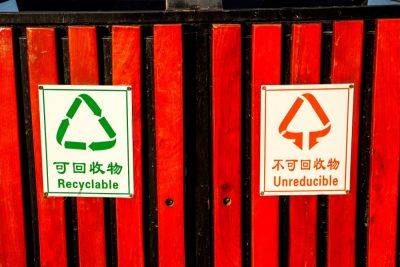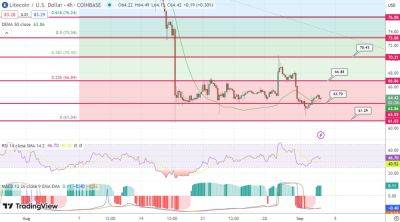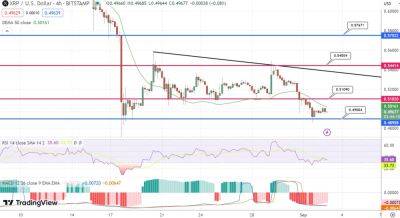Major Ethereum Staking Providers Promise Not to Own More Than 22% of Validators
In an effort to maintain the decentralized nature of the Ethereum (ETH) network, several prominent liquid staking providers have implemented or are in the process of implementing a self-limit rule.
The rule ensures that these providers will not own more than 22% of the Ethereum staking market, which could help address concerns over the growing centralization of Ethereum staking.
Rocket Pool, StakeWise, Stader Labs, Diva Staking, and Puffer Finance are some of the staking platforms that have already committed to the self-limit, Ethereum core developer Superphiz said in a recent tweet.
"This is how our chain will be successful: Coordination above greed. Cooperation instead of winner-take-all."
The commitment to maintaining a balanced distribution of validators within the Ethereum network can be considered a positive step toward reducing the risk of centralized control.
The decision to set the self-limit at 22% was based on the requirement that 66% of validators need to agree on the state of Ethereum for finality to be achieved.
Keeping the limit below 22% ensures that at least four major entities must collude to potentially jeopardize the finalization process, which is crucial for maintaining trust and preventing transactions from being altered within the blockchain.
Superphiz initially proposed the idea in May 2022, asking staking pools to prioritize the health of the Ethereum chain over their own profits.
The largest Ethereum liquid staking provider, Lido Finance, has decided not to commit to the self-limit rule.
Back in June, the project put forward a proposal to impose a limit on Lido’s maximum stake.
However, less than one half of one percent of the votes cast were in favor of the self-limit rule.
On the other hand, those
Read more on cryptonews.com






















